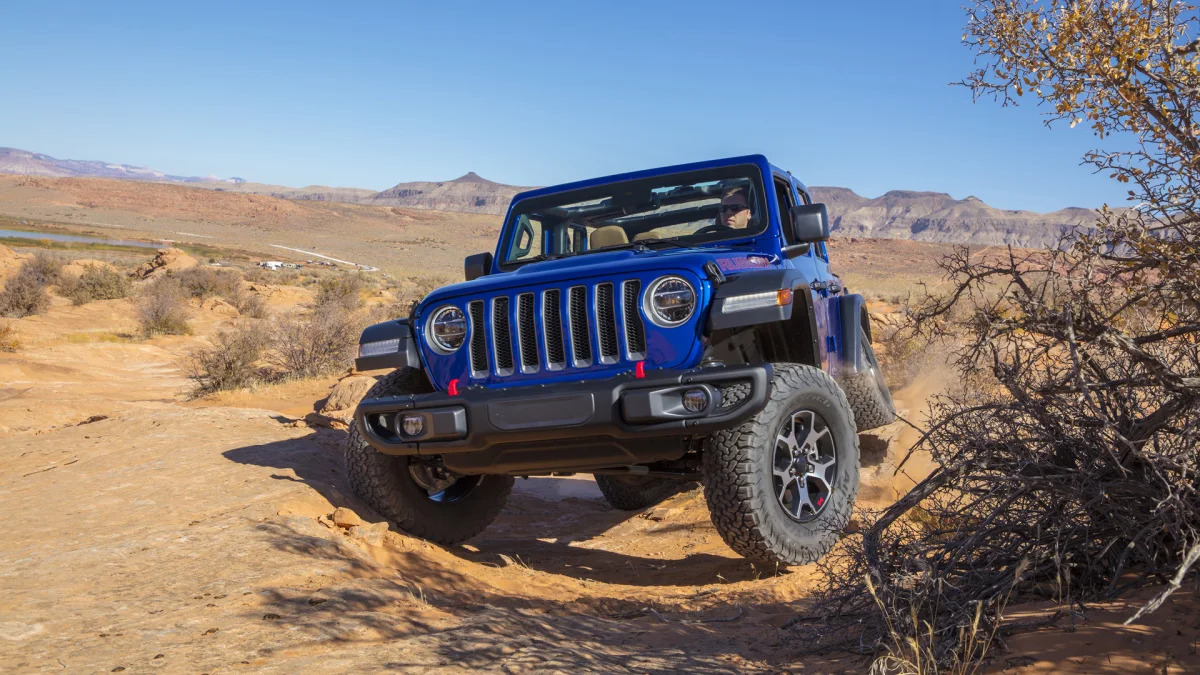I took Wednesday off. I came in Thursday and Chrysler was renamed Stellantis. Aside from lighting Twitter on fire and drawing a lot of snarky responses from car journalists, the name is actually decent. Let’s look at it from a few angles.
For starters, Chrysler, the 95-year-old automaker founded in Detroit by Walter P. Chrysler (his name still adorns everything from a major freeway in Michigan to an iconic art deco skyscraper in New York), isn’t actually Chrysler. It’s FCA, which stands for Fiat Chrysler Automobiles. The name change actually happened in 2014, which you might have easily missed. The American unit, formerly Chrysler, is known as FCA US in some legal matters, but does not operate independently.
The Stellantis name takes effect in 2021. Here’s why it’s needed: Fiat Chrysler is merging with Group PSA. (Peugeot and Citroen) to form a transatlantic alliance that will be larger than even Ford. Stellantis sounds a lot better than FCA-PSA. Or PSA-FCA. You might poke fun at it, but it beats the alternatives. Or at least it could be worse.
Stellantis is the name for the corporate entity that will house Chrysler, Fiat, Peugeot, Citroen, and oh by the way, Opel and Vauxhall, which PSA bought in 2017 when GM unloaded its European arm.
Your Jeep will not say Stellantis on the fender. Your Hemi Hellcat won’t say “powered by Stellantis” under the hood. Your Fiat 500 or Alfa Romeo Giulia will not have a script “Stellantis" crest.
Speaking of that, roll call: Here’s all of the brands that will be housed under the Stellantis umbrella: Chrysler, Dodge, Jeep, Fiat, Fiat Professional, Mopar, Alfa Romeo, Maserati, Abarth, Ram, Lancia, Peugeot, Citroen, DS, Opel and Vauxhall. There’s also a couple of lesser-known subsidiaries, Comau and Teksid, that sell parts.
That’s 18 brands. They have origins in Detroit, Paris, Turin, Chalton (England), Russelsheim (Germany) and several other places. All of these carmakers have deep histories. No one was going to agree on using someone else’s name.
You might notice Chrysler is still in there. Chrysler as the brandname for the 300 sedan and Pacifica minivan lives on. Stellantis replaces FCA, which replaced Chrysler, as the name of the parent company. Yes, it's a little confusing.
Here’s more perspective. Chrysler was once owned by Cerberus, a three-headed dog that guards the gates of hell, according to mythology. Stellantis which is “rooted in the word ‘stello,’ means to brighten with stars,” according to a press release. At least the Stellantis backstory sounds more optimistic, and ownership by Stellantis has got to turn out better than Cerberus’ stewardship, which led to bankruptcy.
I would argue keeping Chrysler as the corporate name for the U.S. operations is a better move. But taking a broader view — which was part of the strategy behind the change from Chrysler to FCA — acknowledges that this global company will act as one. There’s several major, formerly independent automakers all baked into one entity. By keeping separate names, there would always be silos and division. Say what you want about the name, but now it’s clear that Fiat, Chrysler, Peugeot (and all those other brands) will move forward under one banner: Stellantis.
Related Video:










Sign in to post
Please sign in to leave a comment.
Continue